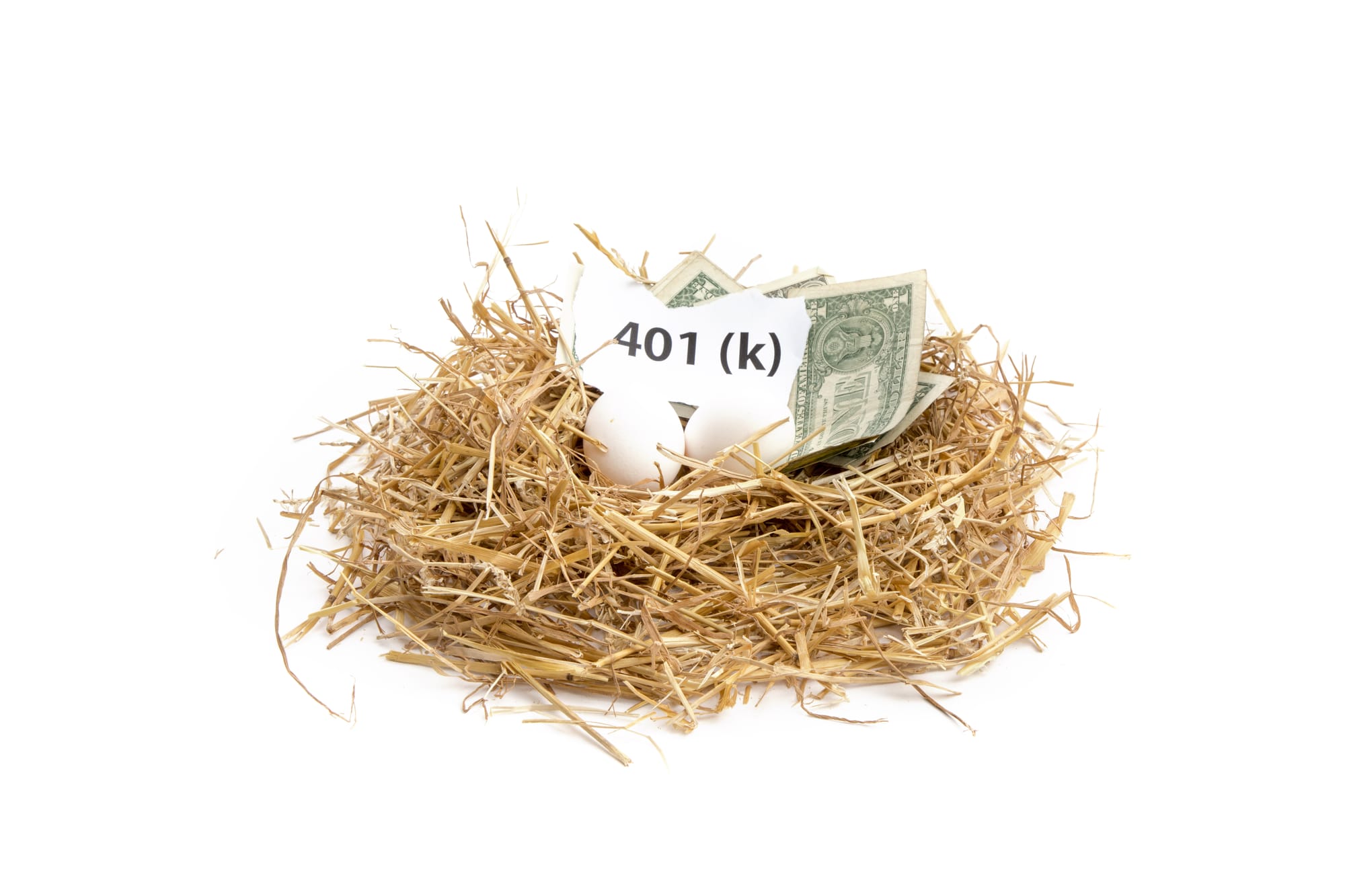Where should you invest beyond your 401k?

Congratulations! You are intentionally thinking about how and where to invest your hard-earned money. Perhaps you defaulted to a 401k and want to consider your options. The below serves as a high-level guide to some of those options and how to think about them:
- Should you max out your 401k? If you obtain a match, then it is almost always a no-brainer to contribute an amount that allows you to maximize that employer match. The amount you would contribute is usually a certain percentage of your income, but usually below the maximum that the IRS allows you to contribute to a 401k (or 403b plan) which was $23,000 in 2024. So, should you invest beyond the match and get to that $23,000 maximum? If you have low fee, quality investment options such as a broad S&P 500 index mutual fund then maybe; first do #2 below then come back to this.
- Make sure you have an emergency fund before investing more into retirement or anything else. You should set aside at least 3-6 months of expenses, more (perhaps 12 months) if you are a single breadwinner for a family or your income is volatile. Save that in an FDIC insured high yield savings account or CD.
- After taking care of your emergency fund, and maxing out the employer match, we recommend you put money in an IRA (or a Roth IRA). In these accounts you have many more options in terms of what underlying investments you want to invest in, yet you still maintain the same tax benefits of a 401k (or Rother 401k). While there are no income limits to contributing to a traditional IRA (i.e., after-tax money), there is an income limit to qualify to contribute to a Roth IRA (in 2024 it was $161,000 for single filers and $240,000 for those filing jointly). The amount you can contribute to either a Roth or Traditional IRA was $7,000 (or $8,000 if over 50).
- Once you contribute to your IRA, go back to step 2 and go up to the maximum allowable contribution allowed by the IRS (again, only if there are decent investment options in your 401k).
- If your still with us here, then kudos to you. You might be up to $30,000 or if you are 50 and over, $39,000. If you are married with a spouse who has access to a 401k plan, then you’re at $60,000 to $78,000 between the two of you which is some serious money to be saving for retirement. Perhaps you are catching up to secure a comfortable retirement, but for most people, especially if you have been consistently saving for retirement from a young age, this amount may be too much to set aside for older age. In that case, move on to #6.
- Taxable brokerage accounts! While this option lacks the tax benefits of a 401k or IRA, it makes up for it with flexibility. You can tap this money at any point before retirement without penalty which might be a better option that maxing out all your retirement account options noted above, but effectively locking up that money solely for retirement. Important note here: you still need to have a long-time horizon to invest in the stock market (think a decade or close to it). If you are saving for a down payment on a house in a couple of years or other large purchase, stick to a high yield savings account, money market or CD.
- If you have kids you may want to consider putting money aside in a 529 plan which also offer tax benefits but must be used for tuition and other college related expenses. You should always fund retirement before college expenses.
- Once you feel that you have socked away enough for retirement, added a bit to your taxable brokerage account or saved for kids’ college tuition and still have some left over you still may want to go back to your emergency fund and bulk it up to 12 or 24 months for peace of mind or optionality in case you decide to pursue a career change or start a business. If you are nearing retirement, a 24 to even 36-month runway in cash allows you to dip into savings as opposed to your 401k or other stock/bond investments in case there is a bear market.
- Bonus: If you still have extra cash you want to deploy, and you have the appetite for it, you can consider buying local real estate and renting it out. Alternatively, you can use those funds to start a business or purchase an existing one.